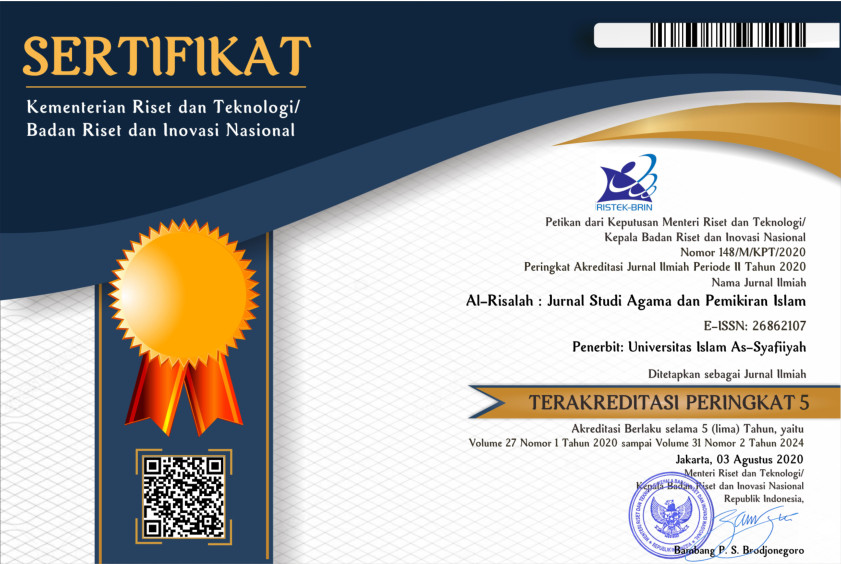DIMENSION OF SEXUAL COERCION AGAINST GIRL’S CHILD EDUCATION: ITS IMPLICATIONS ON TERTIARY INSTITUTIONS IN NIGERIA
Abstract
The focus of this paper is the “dimension of sexual coercion against girl’s child education: its implications on tertiary Institutions in Nigeria”. In doing so, the paper employs the qualitative methodology for sourcing materials that are related to the topic were survey method adopted, and data were collected through in-depth interviews and complimented with literary materials. Sexual coercion practice is an illegal behavior that has been bedeviling genders more especially girls and women for long period of time silently in some communities without proper condemnation and publicity. It highlights the concept of sexual coercion, its nature, who is girl child, her education in the society including implications of sexual coercion or harassment in tertiary institutions in Nigeria. Finally, the paper concludes by proffering solutions for curbing the menace of this ugly practice for the realization of effective learning of girls and women in tertiary institutions in Nigeria. The study recommended that there was an urgent need for engagement of various stakeholders in Nigeria and beyond, to checkmate the issue of gender in relation to education of the girl child in the society.
Copyright (c) 2023 Tahdzib Al-Akhlaq: Jurnal Pendidikan Islam

This work is licensed under a Creative Commons Attribution 4.0 International License.
This work is licensed under a Lisensi Creative Commons Atribusi 4.0 Internasional.
Authors who publish with this journal agree to the following terms:
- Authors retain copyright and grant the journal right of first publication with the work simultaneously licensed under a Creative Commons Attribution License that allows others to share the work with an acknowledgment of the work's authorship and initial publication in this journal.
- Authors are able to enter into separate, additional contractual arrangements for the non-exclusive distribution of the journal's published version of the work (e.g., post it to an institutional repository or publish it in a book), with an acknowledgment of its initial publication in this journal.
- Authors are permitted and encouraged to post their work online (e.g., in institutional repositories or on their website) prior to and during the submission process, as it can lead to productive exchanges, as well as earlier and greater citation of published work (See The Effect of Open Access).





